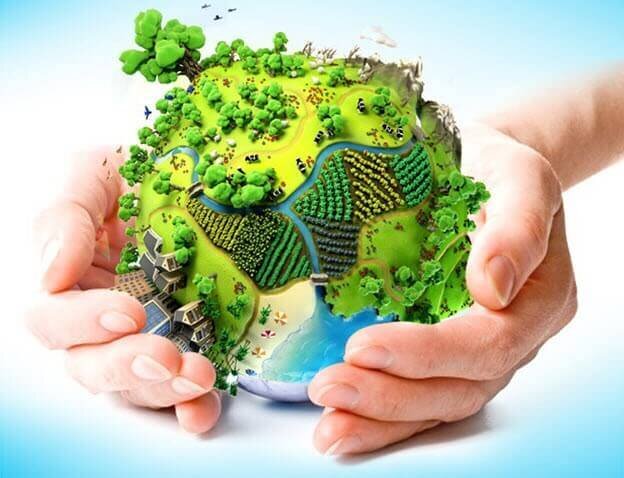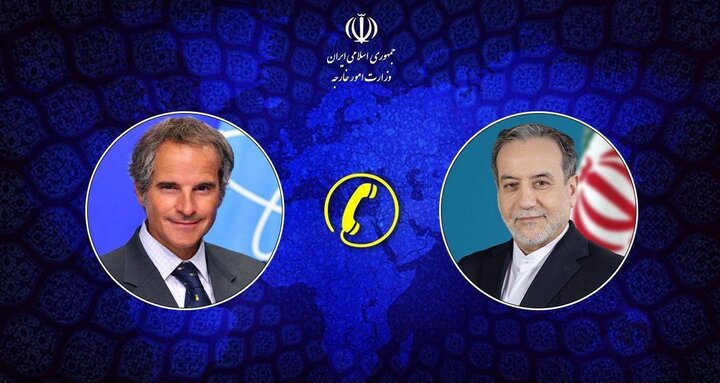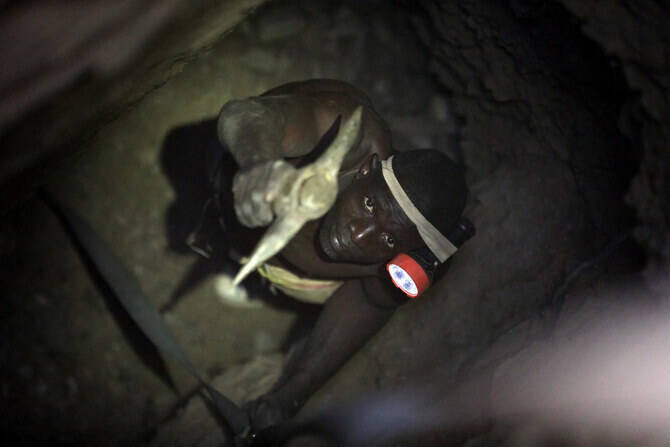
Celebrated on a yearly basis on June 5, World Environment Day is marked to promote more sustainable practices while advocating the protection of our planet.
With an upward trajectory in microplastics, polluted air, and harmful radiation, it has become essential to reflect on the significance of environmental conservation.
This day serves as a platform to bring issues to light about the ecological issues faced by our planet.
The occasion, likewise, serves as a stage to further promote ecological changes and sustainable practices.

Asia and the Pacific boast an abundance of biodiversity. However, land-use changes and degradation from extensive agriculture, deforestation, and unregulated urbanization are diminishing the biodiversity of many ecosystems.
Healthy soils play a crucial role in storing substantial carbon amounts, preventing a drastic spike in global warming if released.
Watercourses alteration, pollution, and unsustainable water resource consumption are leading to water-related stress and declining aquatic biodiversity.
On a global scale, an area equivalent to one football pitch suffers soil erosion every 5 seconds. Remarkably, it takes 1,000 years to generate merely 3 centimeters of topsoil.

The Asia-Pacific region, hosting two-thirds of the world’s population, confronts growing challenges from water stress and land degradation.
Factors like population growth, rapid industrialization, urbanization, and a changing climate, intensifying drought occurrences, are driving these issues.
Most inhabitants in the Asia-Pacific region reside in urban areas, where the rise in urbanization is anticipated to exacerbate water stress and urban droughts.
Urban areas contribute over half of the world’s waste and at least 60% of greenhouse gas emissions, further polluting water bodies and depleting freshwater resources.
Through the UN Decade on Ecosystem Restoration (2021-2030), actors are scaling solutions for the protection and revival of ecosystems all around the world, including in Asia and the Pacific, to increase drought and climate resilience and reduce land degradation.
By restoring land and productive systems, humanity can secure a nature-positive, net-zero future, safeguarding a healthy planet for all.
On 5 June 2024, UNEP and ESCAP are bringing together partners and stakeholders in Asia and the Pacific to discuss priority areas on land restoration, desertification, and drought resilience in the region.
The event will explore solutions applicable to the region, such as circular water resource use, sustainable food production, and drought-resilient urban development.
World Environment Day 2024 focuses on land restoration, stopping desertification, and building drought resilience.
This year, the theme for the day is ‘Land restoration, desertification, and drought resilience’ under the slogan Our land. Our future.
Saudi Arabia will host the 2024 World Environment Day global celebrations. 2024 will mark the 30th anniversary of the UN Convention to Combat Desertification.
The ceremony will be held at the King Abdulaziz International Conference Center in Riyadh and will be attended by dignitaries, officials, as well as experts, and specialists from various countries.
Highlighting the importance of both national and international collaboration, the ceremony aims to promote efforts to rehabilitate worldwide ecosystems, in pursuit of achieving sustainable development goals.
Reported by Tohid Mahmoudpour





